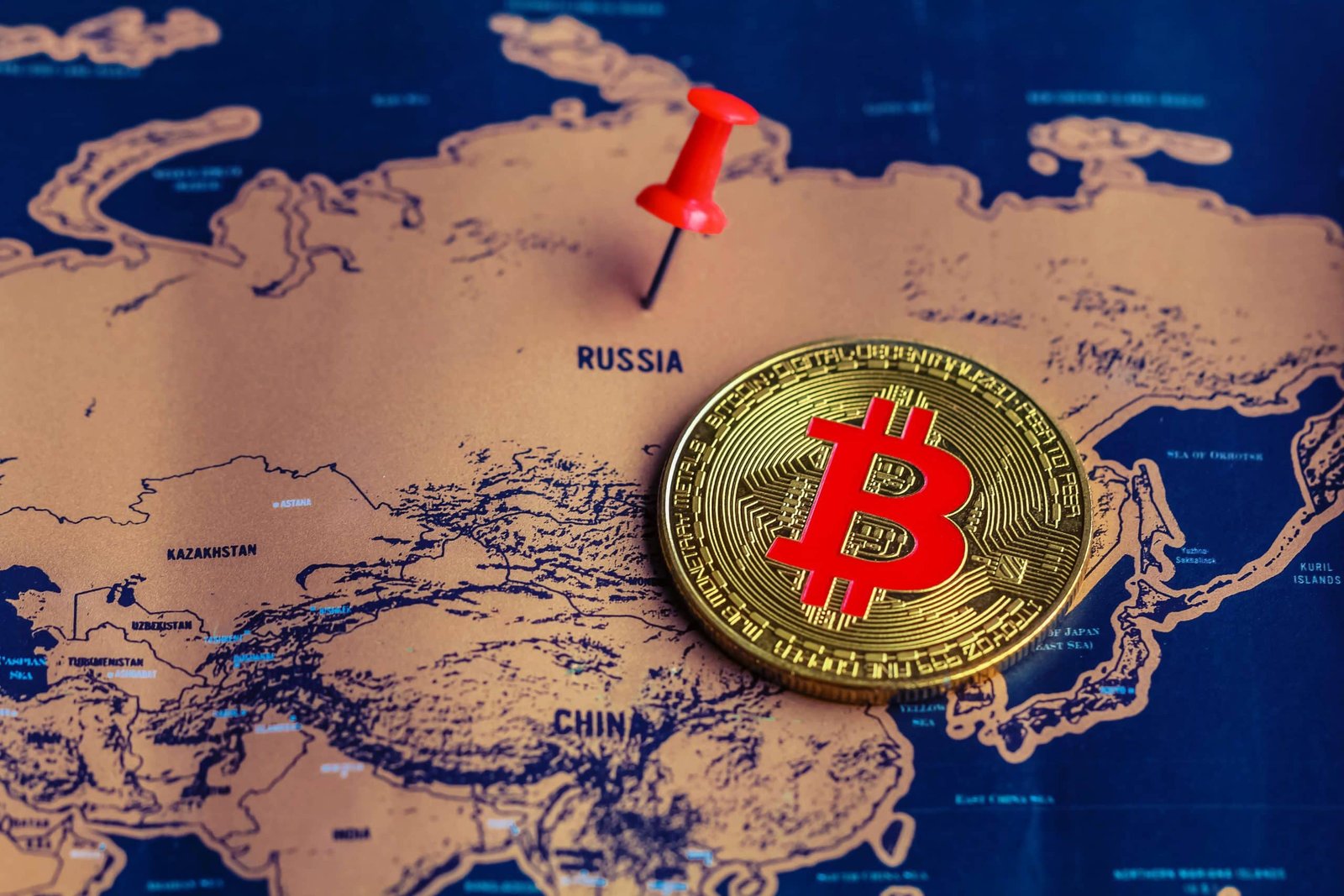Russian efforts to become a major participant in the Bitcoin mining industry have gained momentum in the past several months. Establishing a new cryptocurrency mining center in the Far East, which will take advantage of the region’s abundant energy resources, is a significant step in this direction. Along with aligning with Russia’s larger energy utilization and technical innovation goals, this program is a deliberate response to the increasing demand for cryptocurrencies.
Russia’s Rise as a Crypto Mining Hub
Cryptocurrency mining has recently become extremely popular, particularly in areas with plentiful energy. Russia’s enormous natural gas and hydroelectric reserves have made the country a desirable location for mining operations. The country’s cold environment allows miners to improve hardware efficiency while decreasing cooling expenses.
Russia has seen a surge in foreign miners in recent years, driven by economic and political considerations. Many miners have relocated to Russia in response to the Chinese government’s crackdown on cryptocurrency mining. This has led to a rise in mining activity in areas with surplus energy capacity, especially in the East.
Russia’s Far East Crypto Mining Hub

Russia’s Far East is defined by its vast energy infrastructure and abundant natural resources. Hydropower facilities and unrealized natural gas deposits are the region’s main sources of energy surplus, making creating Russia crypto mining hub that can run sustainably and profitably possible.
Case in point: the Sakha Republic (Yakutia) is one of the regions used for this. Large hydroelectric resources exist, and the area has tried to market itself as a mining hotspot. A key component of the local government’s economic growth strategy is crypto mining, which aims to support enterprises that can use these energy resources.
Russia’s Push for Crypto Mining Growth
The Russian government is encouraging partnerships between local authorities, energy suppliers, and private investors to enable the construction of the Far Eastern mining center. Infrastructural development and regulatory support are two aspects of the mining-friendly environment that these partnerships seek to foster.
Since the demand for cryptocurrencies worldwide is still robust, investors will likely pour more money into this industry. Many people feel that Bitcoin and similar cryptocurrencies’ excessive energy usage harms the environment. However, Russia’s method might be an example of sustainable mining practices everywhere, reusing excess energy.
Russia’s Crypto Mining Regulation Efforts
Despite the promising economic opportunities, the idea of a Russia crypto mining hub being set up in the Far East has raised concerns about regulation and control. To balance encouraging innovation and preventing illegal activity, the Russian government has been trying to establish a regulatory framework that controls cryptocurrency activities.
The government has understood the significance of mining industry regulation in luring ethical investors and guaranteeing legal compliance. Implementing rules that limit energy use, enforce operational transparency, and impose reporting requirements could make the crypto-mining sector in Russia more legitimate.
Russia’s Green Crypto Mining Initiatives

A contentious issue on a global scale is the impact of Bitcoin mining on the natural world. Some people thiplanet is getting hotter due to excessive energy usage and rising carbon emissions. Nevertheless, mining centers in the Far East could lessen these worries. Hydropower and other renewable energy sources can help the area drastically cut its carbon emissions.
Russian authorities are also looking for ways to green crypto mining, such as partnering with environmental groups to track and reduce environmental impacts, using waste heat for local heating requirements, and taking other similar measures.
Russia’s Far East A Crypto Mining Hub
As the crypto market evolves, the far eastern region of Russia is set to play a major role in the global mining landscape. Due to its plentiful energy supplies, advantageous geopolitical situation, and continuous investments, it is the perfect spot for massive mining operations.
Beyond that, nations are trying to capitalize on the cryptocurrency craze as an alternative to more conventional financial systems. If Russia constructs a mining hub, increased economic development, job creation, and technical innovation could be on the horizon in the region.
In Summary
Russia has reached a major turning point in its involvement with the global cryptocurrency scene. With the launch of a Russia crypto mining hub hub in the Far East, Russian officials hope to establish a sustainable mining environment and solidify their country’s status as an industry powerhouse by effectively using excess energy resources.
Suppose this mining hotspot efficiently harnesses its energy resources to benefit the digital economy. In that case, it might set an example for other nations looking to capitalize on the surging demand for bitcoin worldwide. A new era of ecologically responsible technological innovation and economic prosperity might be on the horizon if Russia’s venture into cryptocurrency mining is led by appropriate rules.
[sp_easyaccordion id=”4165″]

